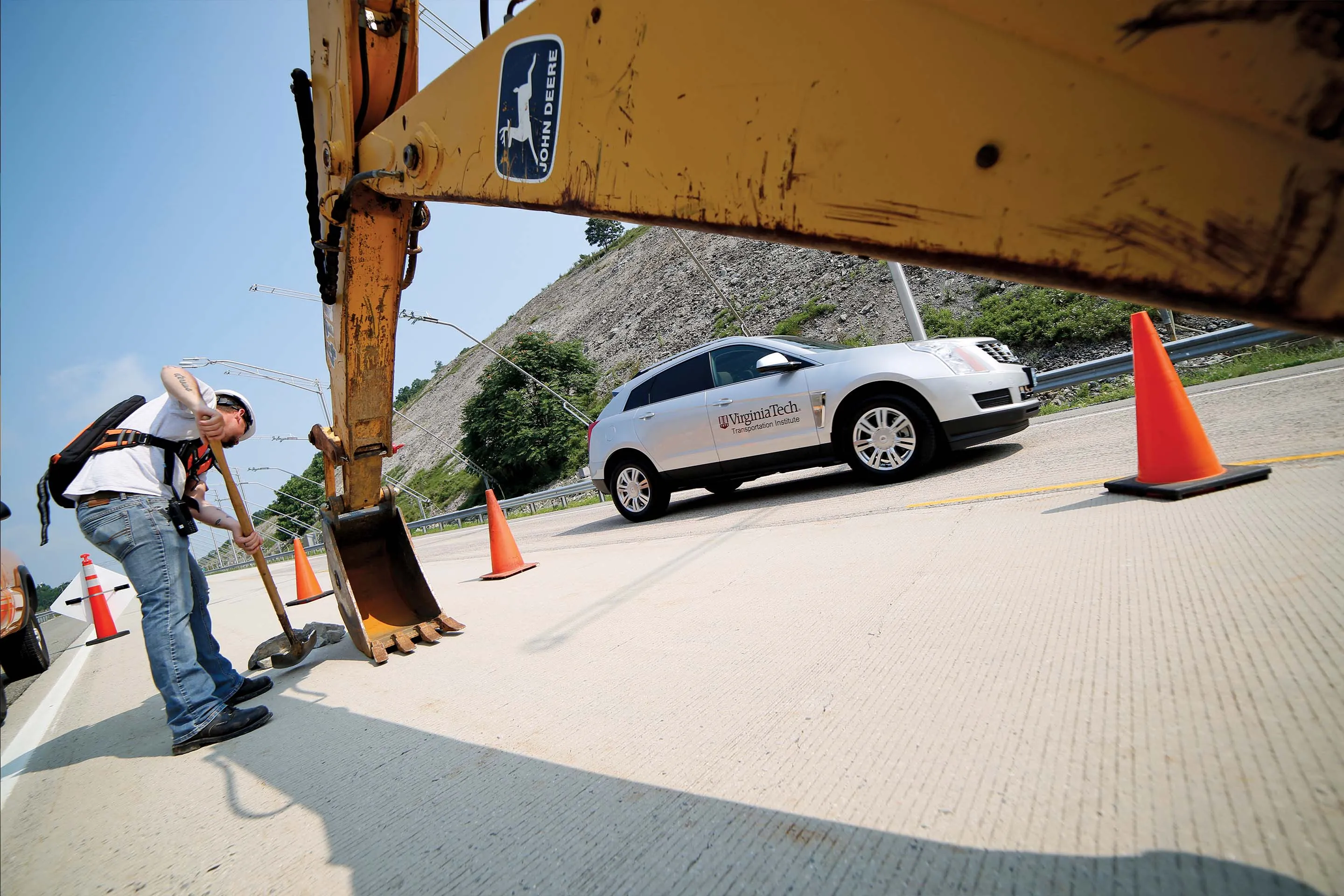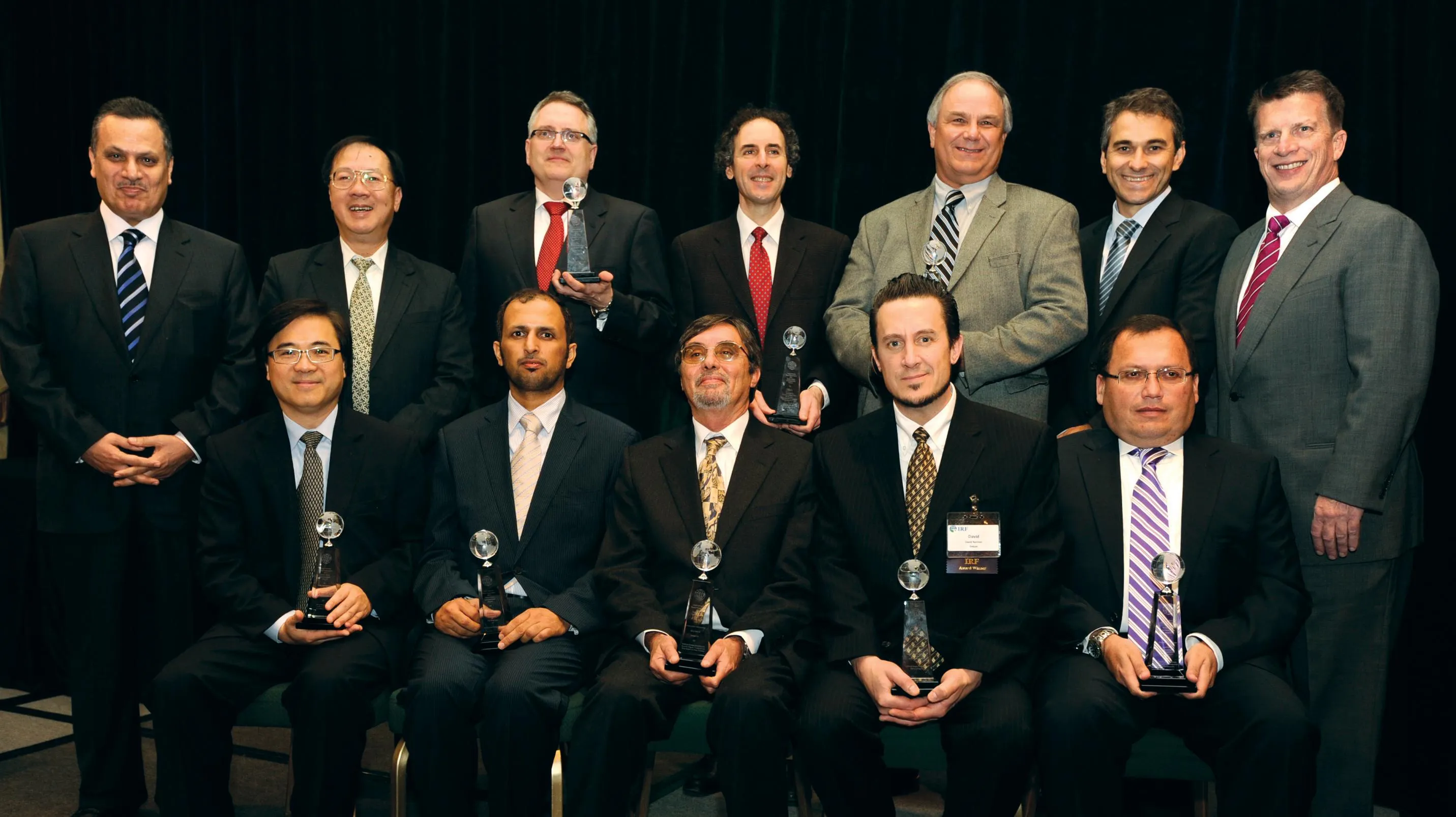The American Road and Transportation Builders Association (ARTBA) has announced the winners of its annual student video contest. A group of 18 high school students from North Carolina and three graduate and post-graduate students from New England were named winners. Sponsored by ARTBA’s Research and Education Division (RED), the contest challenges grade school and post-secondary students to develop a brief video that explores issues relating to America’s transportation network. Students were asked to addres
September 19, 2012
Read time: 3 mins
The American Road & Transportation Builders Association (ARTBA) has announced the winners of its annual student video contest. A group of 18 high school students from North Carolina and three graduate and undergraduate students from New England were named winners. Sponsored by ARTBA’s Research and Education Division (RED), the contest challenges grade school and post-secondary students to develop a brief video that explores issues relating to America’s transportation network. Students were asked to address how transportation infrastructure is built and paid for, the impacts of traffic congestion, transportation and urban development plans and public perception of transportation development. Submissions were reviewed by a panel of five ARTBA members.
Category One – Elementary, Middle or High School Students:
“How to Solve Congestion”
Members of the 2012 Summer High School Transportation Institute at
North Carolina A&T State University
Eighteen high school students participating in North Carolina A&T State University’s 2012 “Summer High School Transportation Institute” and led by Deborah Underwood, created an entertaining and upbeat, two-and-half minute video which provided a simple, yet compelling description of the mobility challenges facing drivers on the nation’s roadways. It offered real-world solutions for relieving congestion, such as high occupancy toll lanes, traffic updates via text message and accelerated bridge construction. The group presented the information using multi-modal visuals and interviews with student actors.Category Two – Post-Secondary, College or Graduate Students:
“Modernising Transportation Technology”
David Champoux, graduate student, MA and PhD in transportation engineering, University of Massachusetts-Amherst; Joseph Smith, undergraduate, BA in media communications, University of Southern Maine; and Adrian Wong-Ken, undergraduate, BA in media communications, University of Southern Maine.
One graduate student and two college students from New England created an informative, three-and-half minute video that looked at the congestion caused by outdated traffic signal systems, and presented some innovative ways to make commutes more efficient by integrating existing technology into transportation frameworks. The team interviewed a transportation engineer and public official in the technology-focused video, and profiled specific projects in which the new traffic signal technology was implemented.Honorable Mention in Category Two – Post-Secondary, College or Graduate Students:
“Paying Our Way”
Jamesa Marshall, graduate student, MA in civil engineering, University of Wisconsin-Madison
Marshall created a charming, illustrated video which provided an in-depth but straightforward description of an alternative financing pilot project conducted by the Oregon Department of Transportation, in which 299 motorists volunteered to pay what is called a vehicle miles traveled tax, or “VMT” rather than a gas tax at the pump. It addressed the benefits and challenges to nation-wide implementation of such a program using creative drawings and narration.
The year 2012 marks ARTBA’s 110th anniversary of serving as the “consensus voice” of the US transportation design and construction industry.
Category One – Elementary, Middle or High School Students:
“How to Solve Congestion”
Members of the 2012 Summer High School Transportation Institute at
North Carolina A&T State University
Eighteen high school students participating in North Carolina A&T State University’s 2012 “Summer High School Transportation Institute” and led by Deborah Underwood, created an entertaining and upbeat, two-and-half minute video which provided a simple, yet compelling description of the mobility challenges facing drivers on the nation’s roadways. It offered real-world solutions for relieving congestion, such as high occupancy toll lanes, traffic updates via text message and accelerated bridge construction. The group presented the information using multi-modal visuals and interviews with student actors.Category Two – Post-Secondary, College or Graduate Students:
“Modernising Transportation Technology”
David Champoux, graduate student, MA and PhD in transportation engineering, University of Massachusetts-Amherst; Joseph Smith, undergraduate, BA in media communications, University of Southern Maine; and Adrian Wong-Ken, undergraduate, BA in media communications, University of Southern Maine.
One graduate student and two college students from New England created an informative, three-and-half minute video that looked at the congestion caused by outdated traffic signal systems, and presented some innovative ways to make commutes more efficient by integrating existing technology into transportation frameworks. The team interviewed a transportation engineer and public official in the technology-focused video, and profiled specific projects in which the new traffic signal technology was implemented.Honorable Mention in Category Two – Post-Secondary, College or Graduate Students:
“Paying Our Way”
Jamesa Marshall, graduate student, MA in civil engineering, University of Wisconsin-Madison
Marshall created a charming, illustrated video which provided an in-depth but straightforward description of an alternative financing pilot project conducted by the Oregon Department of Transportation, in which 299 motorists volunteered to pay what is called a vehicle miles traveled tax, or “VMT” rather than a gas tax at the pump. It addressed the benefits and challenges to nation-wide implementation of such a program using creative drawings and narration.
The year 2012 marks ARTBA’s 110th anniversary of serving as the “consensus voice” of the US transportation design and construction industry.








